About the Fighting Fund
The Fighting Fund campaign was launched in 2017 at the 3rd International Conference of the WFD held in Hungary, Budapest. It was introduced at the Welcome Reception by Dr Liisa Kauppinen as well as WFD Human Rights Officer (currently Interim Team Leader) Ms Eeva Tupi. It urgently asks for donations to raise money so that the WFD can continue our human rights defending work.
The Fighting Fund is our most honest campaign – we want you to deeply understand the problems encountered by the global Deaf Community as well as understand how the WFD is uniquely positioned to address them.
As of October 2017, we projected that we simply do not have enough money to sustain this work.
WHY THE FIGHTING FUND?
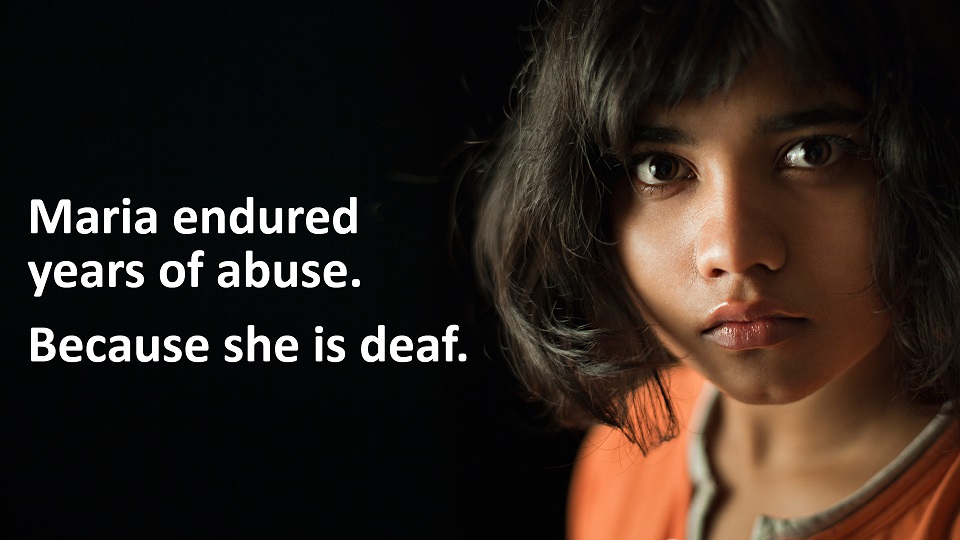
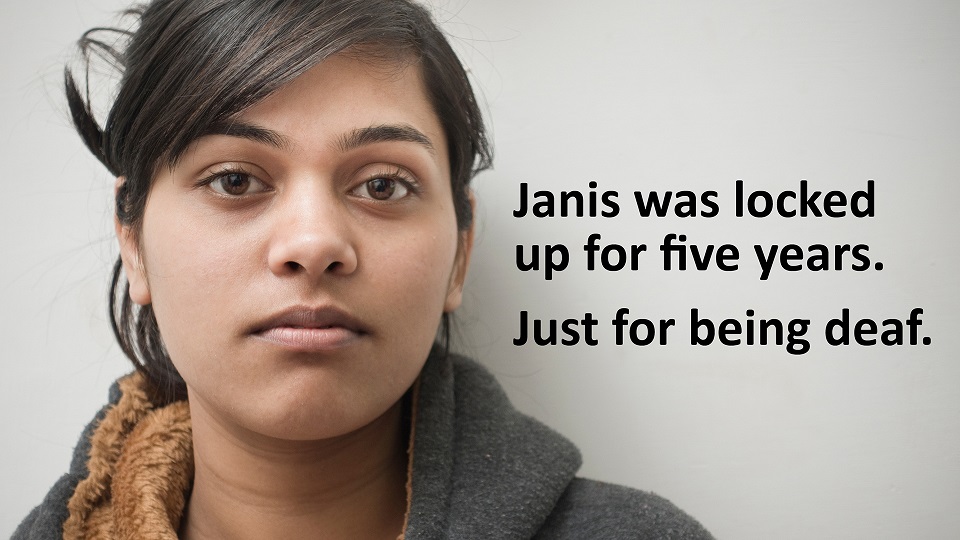
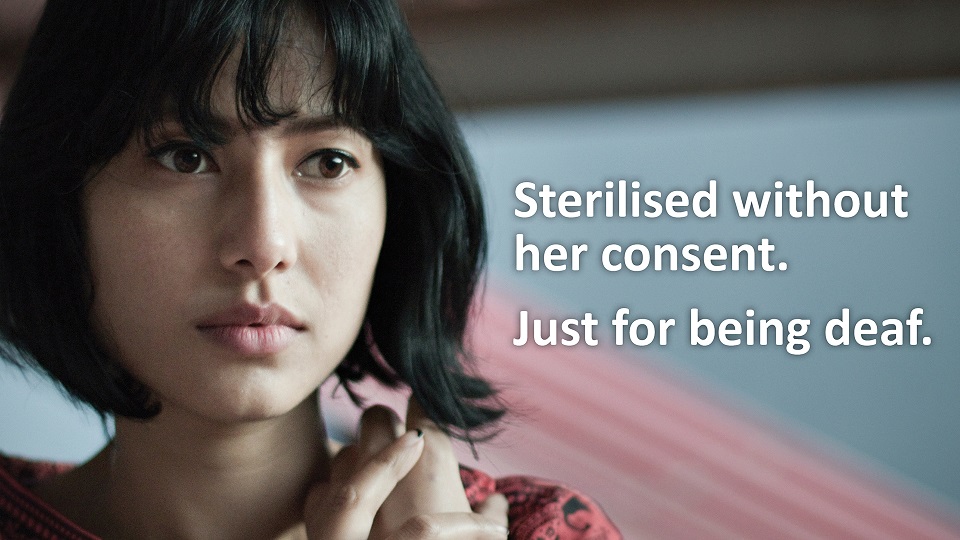
*Disclaimer: While all stories are true, names and faces have been changed. We use images from stock photographs that are licensed for this campaign. Any person depicted is a model.
Fighting Fund highlights a big problem facing the global Deaf Community – sign languages and deaf people are seen as inferior and therefore systematically excluded from society. The consequent of this presents many extreme breaches of human rights of deaf people as presented in real stories like Hanna, Maria and Janis. Deaf people all over the world are suffering injustices because there is still an attitude in many countries that deaf people are less than human, and that they do not deserve the same rights as the larger community. Society believes that deaf people – and sign languages – are inferior and don’t deserve equal rights.
HOW DONATIONS WILL BE USED?
Funds collected from the Fighting Fund will be used to sustain the WFD human rights defending work. Human rights abuses are wide and varied. However, the solution can be simple – the WFD wants to be uniquely positioned to highlight these issues so that deaf people have a louder voice and that we are heard. This is done through a two-fold process of advocacy work happening from up to down and vice versa.
At the highest level, the WFD advocates the United Nations to recommend that member states take action to include deaf people’s perspective in all their laws, policies and programmes. We demand to have better laws, we want governments to invest enough money to implement the laws and we want proper monitoring mechanisms to ensure change actually happens. At the grass roots level, we want to ensure that our Ordinary Members, national deaf associations, are strong enough to exercise their rights and lead the local Deaf Community.
As part of the WFD’s top-down advocacy strategy, the WFD actively advocates deaf issues through the following:
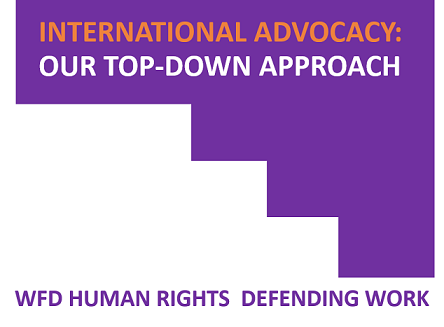
- Produce advocacy papers (statements, position papers, submissions, comments) about human rights of deaf people for relevant stakeholders
- Deliver and present those advocacy papers to the meetings of the United Nations Convention on the Rights of Persons with Disabilities (CRPD), Agenda 2030 and its Sustainable Development Goals (SDGs) and other relevant treaty bodies in field of disability and human rights of deaf people
- Attend international events as presenters and panelists
- Collaborate with stakeholders such as International Disability Alliance to put forth the deaf perspectives
As part of the WFD’s bottom-up advocacy strategy, the WFD provides direct support to our Organisational Members through the following direct support:
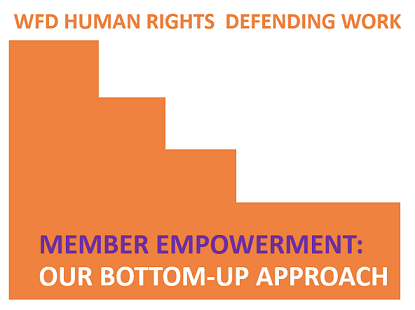
- Provide support to members via email, video calls and letters of support to promote human rights and combat discrimination
- Yearly production of campaign material for the International Week of the Deaf and International Day of Sign Languages
- Support members’ involvement in UN treaty body reviews and Voluntary National Reviews
- Provide human rights trainings to members
WHAT WOULD SUCH CHANGE MEAN TO DEAF PEOPLE?
- Sign languages are recognised as equal to spoken languages that lead to better access to education, public services, and interpreters.
- Countries have CRPD-compliant laws and policies that include human rights of deaf people and sign languages.
- There are proper enforcement of such existing laws with active consultation with national associations of the deaf.
